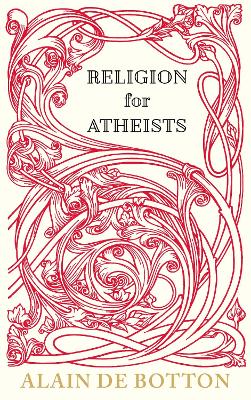
wyvernfriend
Written on Jun 6, 2012
This book is a dialogue that needs to happen. People need to examine what is in their religion for them and decide in better ways to make it work for them. I can also see a role for leaders within any community group to help with situations, call them what you will, but if someone has to take time out from their lives to visit the sick, bury the dead, console the living etc., they deserve recompense for the disruption in their lives. But they also need oversight and accountability to prevent some of the excesses and ills of existing religions.
What isn't mentioned really in the book: Life cycle rituals beyond death and marriage, there's also birth, the welcoming of a child into a community; Menarche/puberty rituals; a ritual for becoming 18 or 21 or both that doesn't necessarily include getting insanely drunk; even a divorce ritual or a ritual to celebrate a return to work after an illness.
The focus of his commentary is on Buddhism, Christianity and Judiasm and there's an implied absolute universality in ritual experience that isn't true from my experience of Christianity. While the framework of the religions are the same the experiences are different (as I discovered when I was talking to a US Catholic). His research also missed a building dialogue among some thinking pagans about the seasons of the year and the formulised feastdays that need to be changed to better reflect local variations and experiences. That mining local culture rather than slavishly adopting another set of customs and practices, not that some won't adopt other practices that suit them.
It got a lot of extra marks for making me think but I don't think he's thinking much outside personal experience. It's also a pity that he isn't being more general in his addressing of people, this book needs to be debated by Theists as well as Atheists.
I will probably add more to this review as I digest what he was saying.
